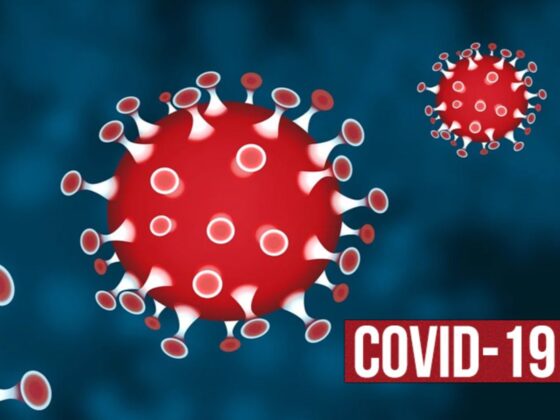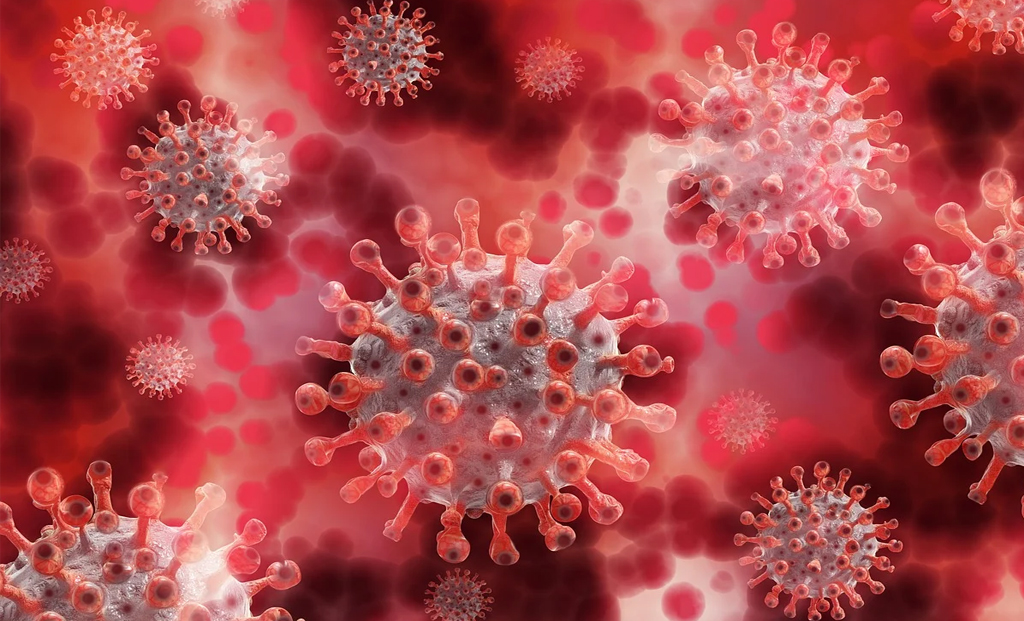Genetic Factors Behind COVID-19’s Impact on Seniors: Unveiling the Immune System’s Achilles’ Heel
Telomeres and Immune Response
As the world battles the ongoing COVID-19 pandemic, researchers from the University of Washington have uncovered a significant genetic factor that contributes to the virus’s severe effects on the elderly population.
The Crucial Role of T Cells
The immune system’s frontline defense against infections like COVID-19 relies on specialized immune cells called T cells. These cells play a pivotal role in neutralizing the SARS-CoV-2 virus and preventing its spread within the body.
The Genetic Time Bomb: Telomeres
A recent study highlights the importance of telomeres—protective caps located at the ends of chromosomes—in the immune response to COVID-19. Telomeres shorten with each cell division, imposing a limit on the immune system’s ability to generate effective immune cells.
Age-Related Decline in Immune Vigor
The researchers discovered that the body’s capability to produce cloned immune cells with shortened telomeres significantly declines with age. This decline in cellular division affects the immune system’s ability to mount a robust defense against COVID-19.
Genetic Inheritance and COVID-19 Response
The study indicates that an individual’s response to COVID-19 is influenced by their genetic inheritance, particularly the length of their telomeres. These genetic factors play a key role in determining susceptibility and severity of the disease.
Strategies for Addressing Vulnerability
Leveraging publicly available data on COVID-19 mortality and telomere studies, doctors could potentially identify high-risk populations based on telomere lengths. This insight could guide resource allocation and personalized healthcare interventions.











